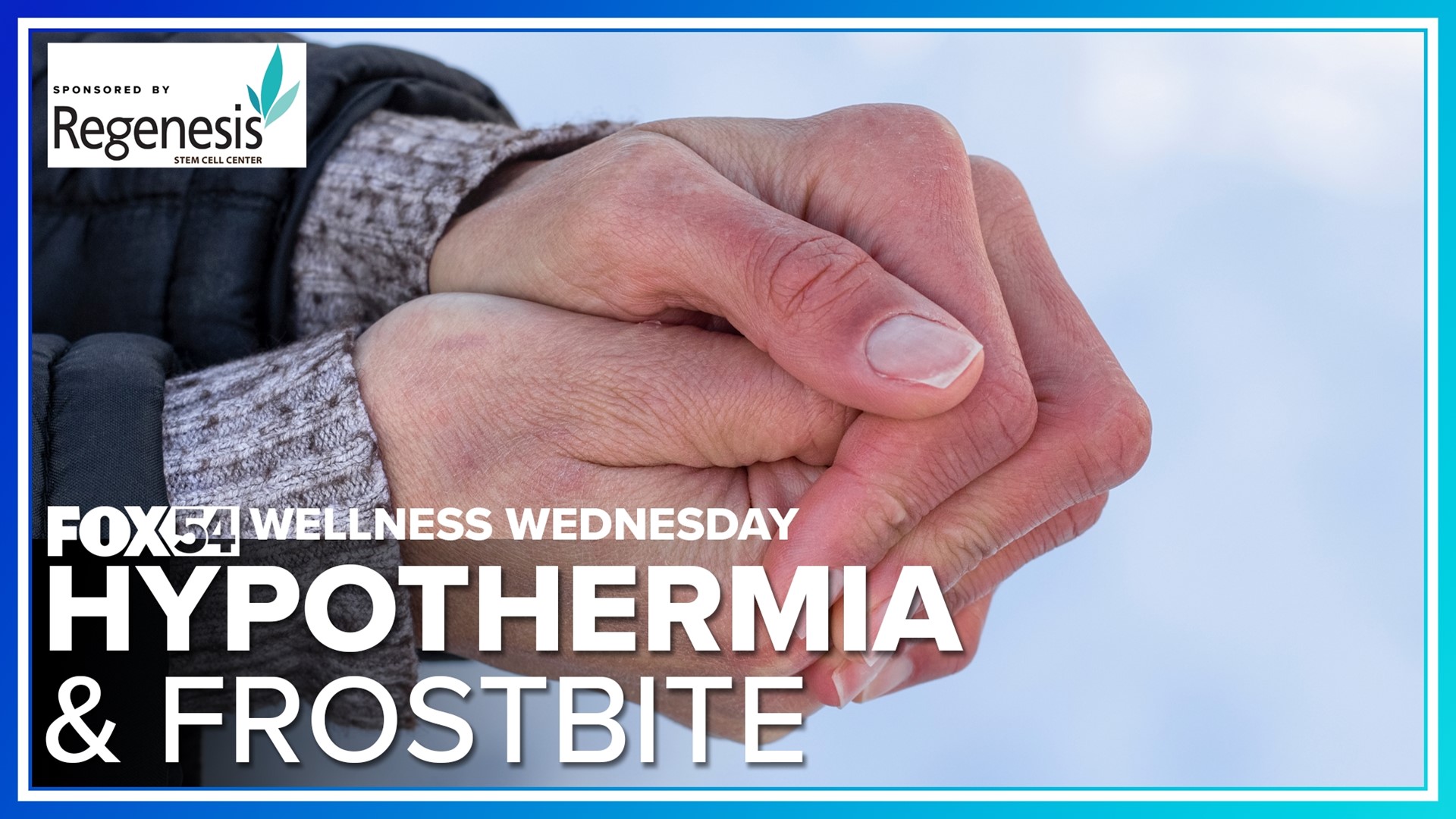ALABAMA, USA — The Alabama Department of Public Health urges the public to know the signs and symptoms of hypothermia and frostbite and take extra precautions during times of extremely cold weather such as those being experienced in the state this week.
Hypothermia is a medical emergency that can lead to death. Hypothermia occurs when the body’s core temperature falls below 95 degrees F, just a few degrees less than the normal body temperature. When exposed to cold, human bodies begin to lose heat faster than it can be produced.
Frostbite is an injury most common on exposed skin such as cheeks, nose and ears, but it can also occur on hands and feet. Early warning signs include numbness, loss of feeling or a stinging sensation. If you suspect frostbite, get the person out of the cold immediately and slowly warm the affected area, but do not rub it since that can damage the skin. If numbness continues, seek emergency care.
These are signs and symptoms of hypothermia:
Adults:
- Shivering
- Exhaustion or feeling very tired
- Confusion
- Fumbling hands
- Memory loss
- Slurred speech
- Drowsiness
Babies:
- Bright red, cold skin
- Very low energy
Frostbite:
- Any of the following signs may point to frostbite:
- A white or grayish-yellow skin area
- Skin that feels unusually firm or waxy
- Numbness
If unable to get medical help right away, try to warm the person up.
- Get the person into a warm room or shelter.
- Remove any wet clothing the person is wearing.
- Warm the center of the person’s body—chest, neck, head, and groin—using an electric blanket, if available. You can also use skin-to-skin contact under loose, dry layers of blankets, clothing, towels, or sheets.
- Warm drinks can help increase body temperature, but do not give alcoholic drinks. Do not try to give beverages to an unconscious person.
- After body temperature has increased, keep the person dry and wrap their body, including their head and neck, in a warm blanket.
- Get the person proper medical attention as soon as possible
Guidance about prevention and care for hypothermia and frostbite is available here.

